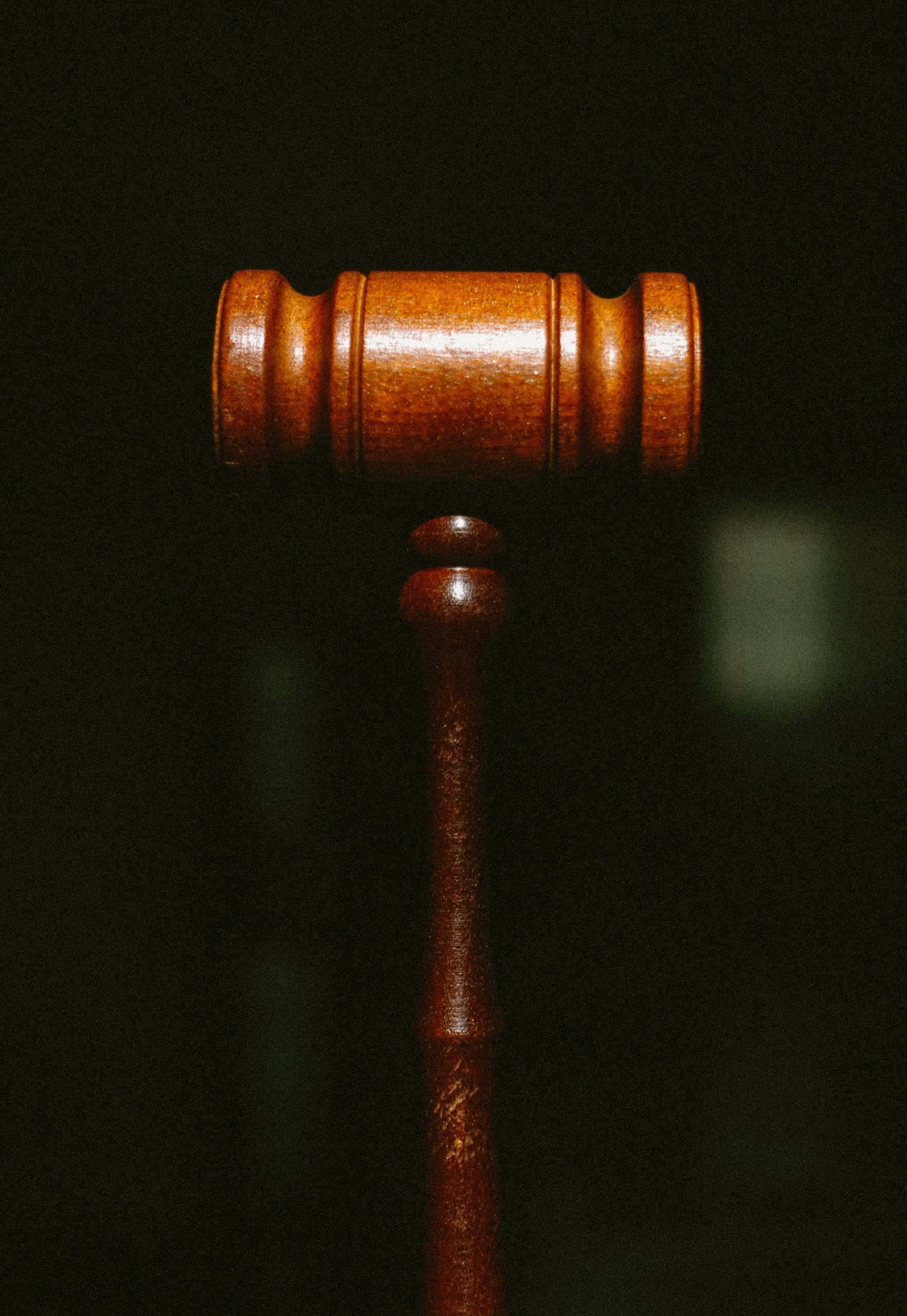The legal system is as complex as they come. One of the most confusing parts of that system is parole law. Even many lawyers find it hard to grasp the nuances of the law and the intricate machinations that govern and regulate this important part of the legal system.
Attorney Samir Hadeed is a practicing criminal law, personal injury, and auto accidents lawyer located in Pittsburgh, Pennsylvania. Samir graduated with a Bachelor’s degree from Duquesne University before moving on to receive his law degree from Case Western Reserve University. He has been practicing criminal defense, personal injury, auto accidents, and traffic tickets since 2008. He explains how parole law works and why many people are unfamiliar with this type of law.
IMAGE: UNSPLASH
What Is Parole?
In its simplest definition, parole allows a prison inmate who has served part of their sentence to leave the prison and spend the rest of that sentence as a free person. According to Samir Hadeed lawyer, this freedom; however, is rather conditional.
The parolee has to meet certain conditions that make them eligible to continue to live under the supervision of the community. If the parolee fails to meet any of these conditions, their parole board has the ability to send them back to finish their sentence behind bars again. While the parole law aims to address the problem of congested prisons, it also helps prison inmates who meet certain conditions ease back into a normal life outside the prison and have a fresh start in life.
How Does It Work?
Since parole aims to reintegrate convicts back into society, not every prison inmate becomes eligible for this privilege. Who gets the right to be paroled or not is often at the discretion of a parole board. This board sets up a hearing where they consider whether the inmate is deemed dangerous to society or not. Once the inmate is granted parole, says lawyer Samir Hadeed, they are released from prison where they have to meet certain conditions.
Some of these conditions include maintaining both a residence and a form of employment. The parolee is prohibited from getting involved in any criminal activity or consorting with convicted criminals. They also have to stay within the limits of a geographical area where the parole officer can keep an eye on them. If at any point, the parole officer finds the parolee in violation of their parole, they can send them back to prison to serve the remaining part of their sentence.
Parole officers may lodge detainers on the parolee for various reasons and at that point, certain procedures need to be followed, or the parole board risks depriving the parolee of their rights.
Niche Law
The way attorney Samir Hadeed sees it, parole law is considered an almost niche law. As such, not many lawyers are familiar with how it works. It’s not just that the conditions of the parole vary from one case to the next, but the parole board often has a lot of power over the life of the parolee. If, for example, the parole officer doesn’t find the parolee at their residence after the curfew, they can report them. This makes the job of the lawyer difficult when it comes to defending the parolee’s rights or ensure they even get another chance at parole again.
If you are interested in even more lifestyle-related articles and information from us here at Bit Rebels, then we have a lot to choose from.


COMMENTS